The science behind optimal hydration during workouts
Hydration is a cornerstone of health, particularly when it comes to exercise. Adequate fluid intake is essential for maintaining blood volume, regulating body temperature, and ensuring the proper function of muscles and joints. For our health-conscious audience, understanding the science of hydration can significantly enhance workout performance and recovery.
During workouts, the body loses water and electrolytes through sweat. This loss can lead to a decrease in blood volume, reduced skin blood flow, decreased heat dissipation, increased core temperature, and, consequently, a decline in performance. Optimal hydration is therefore critical for sustaining energy levels and achieving fitness goals.
The Physiology of Hydration
When exercising, the body's demand for oxygen and nutrients increases, and waste products need to be removed efficiently. Water plays a vital role in this process by helping to transport nutrients and oxygen to cells and removing waste products from the body.
Electrolytes, such as sodium, potassium, and magnesium, are minerals that dissolve in the body's fluids, creating electrically charged ions. These ions are crucial for maintaining fluid balance, muscle contractions, and nerve signaling. During exercise, maintaining electrolyte balance is as important as staying hydrated.
Hydration Strategies for Athletes
Starting a workout well-hydrated can set the stage for optimal performance. It's recommended to drink fluids throughout the day leading up to a workout, with a focus on water or an electrolyte-enhanced drink for those engaging in prolonged or high-intensity exercise.
During exercise, the goal is to match fluid intake with sweat loss. Drinking small amounts of fluid at regular intervals can help maintain hydration levels without causing discomfort or performance issues.
Rehydrating after exercise is crucial for recovery. The aim is to replace any fluid and electrolyte deficits. Water is essential, but in cases of extensive sweat loss, a drink that provides electrolytes, like those offered by A. LE COQ AS, can be beneficial.
Dehydration and Its Effects on the Body
Signs of dehydration include thirst, dry mouth, fatigue, dizziness, and dark-colored urine. It's important for athletes to recognize these early signs and respond by increasing fluid intake.
Dehydration can lead to serious health risks, including heatstroke, kidney failure, and cardiovascular issues. Athletes should prioritize hydration to prevent these risks and to maintain peak performance.
Optimal Hydration Solutions
While water is the most fundamental hydrating fluid, sports drinks can offer additional benefits, such as electrolytes and carbohydrates, for energy and recovery. The choice between water and sports drinks can depend on the duration and intensity of the workout, as well as individual sweat rates and electrolyte loss.
A. LE COQ AS provides a range of beverages that cater to the hydration needs of athletes and fitness enthusiasts. With a focus on quality, taste, and nutritional benefits, our products are designed to support your energy needs and fitness goals, ensuring you stay optimally hydrated during every workout.

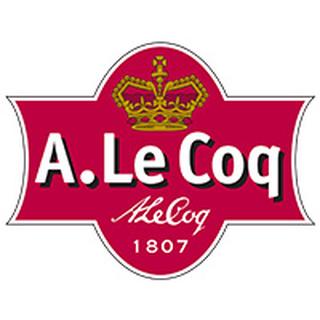
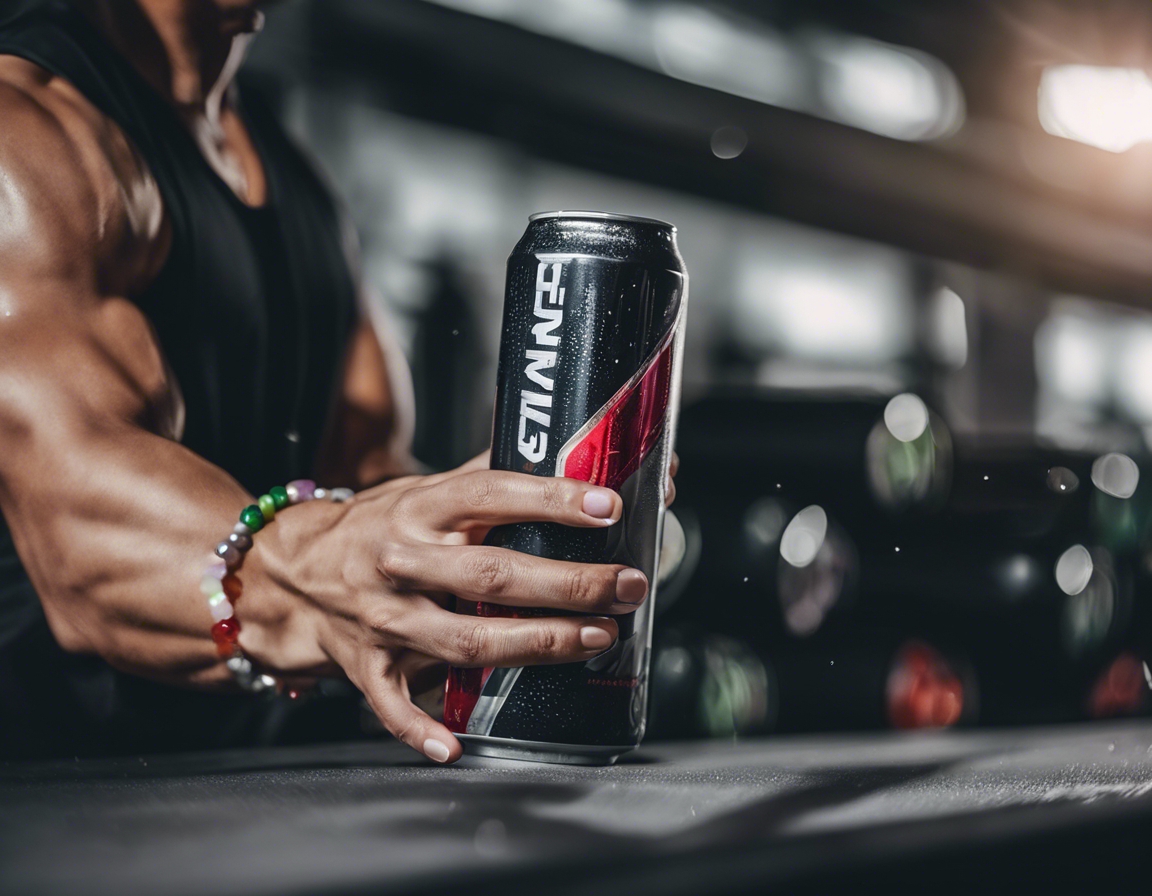

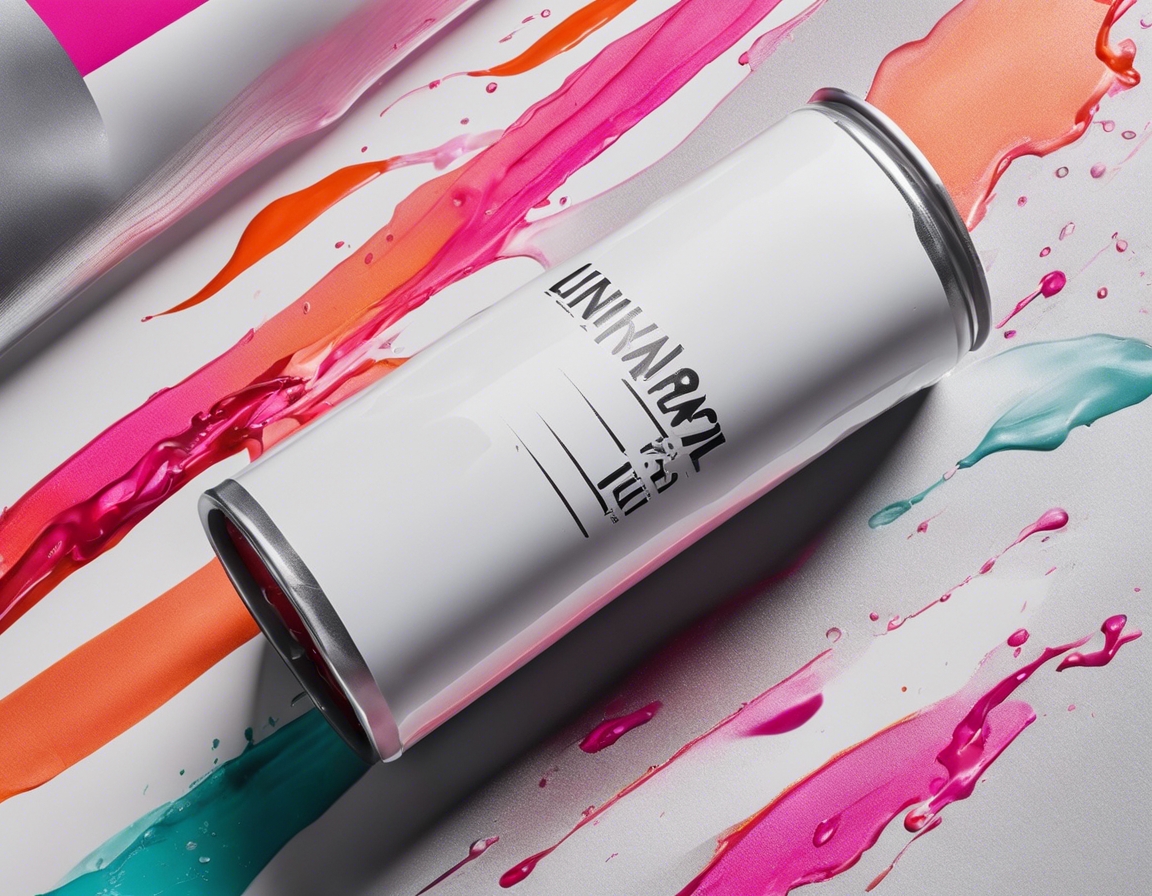
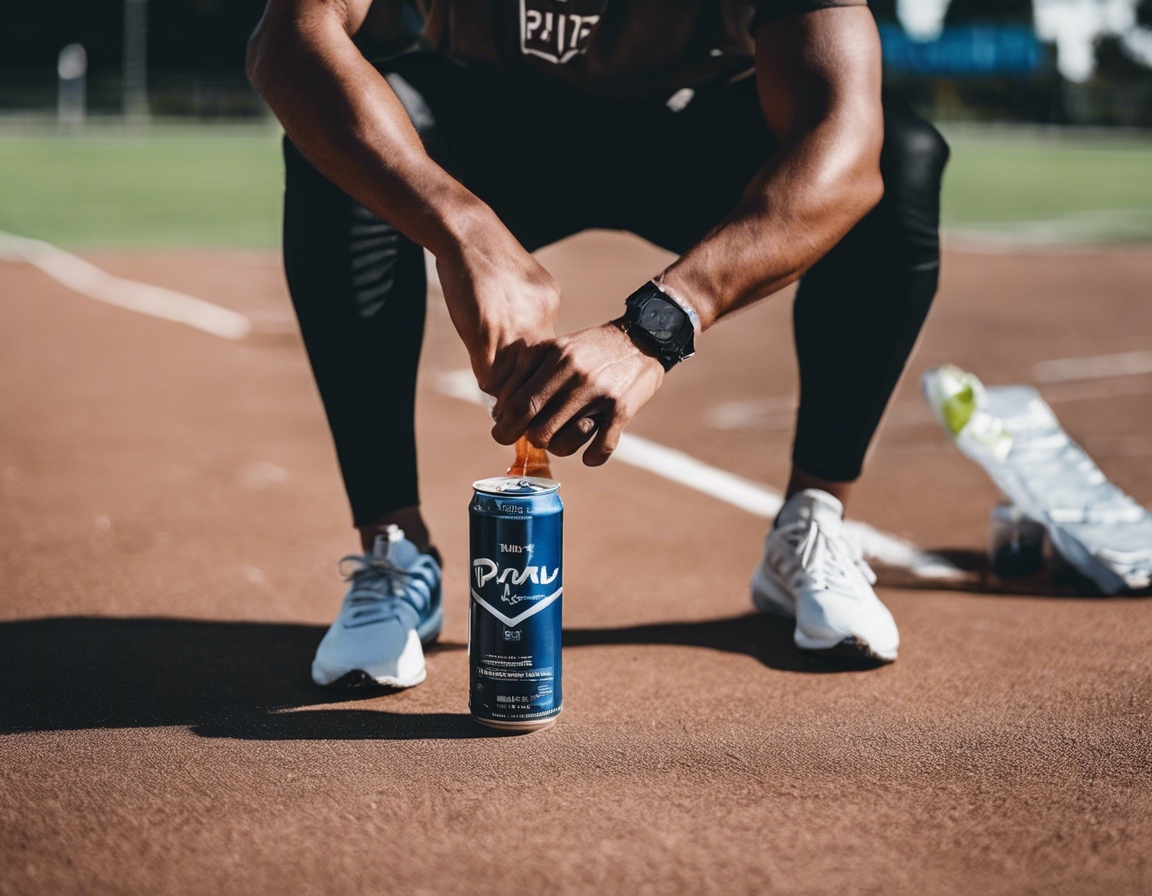
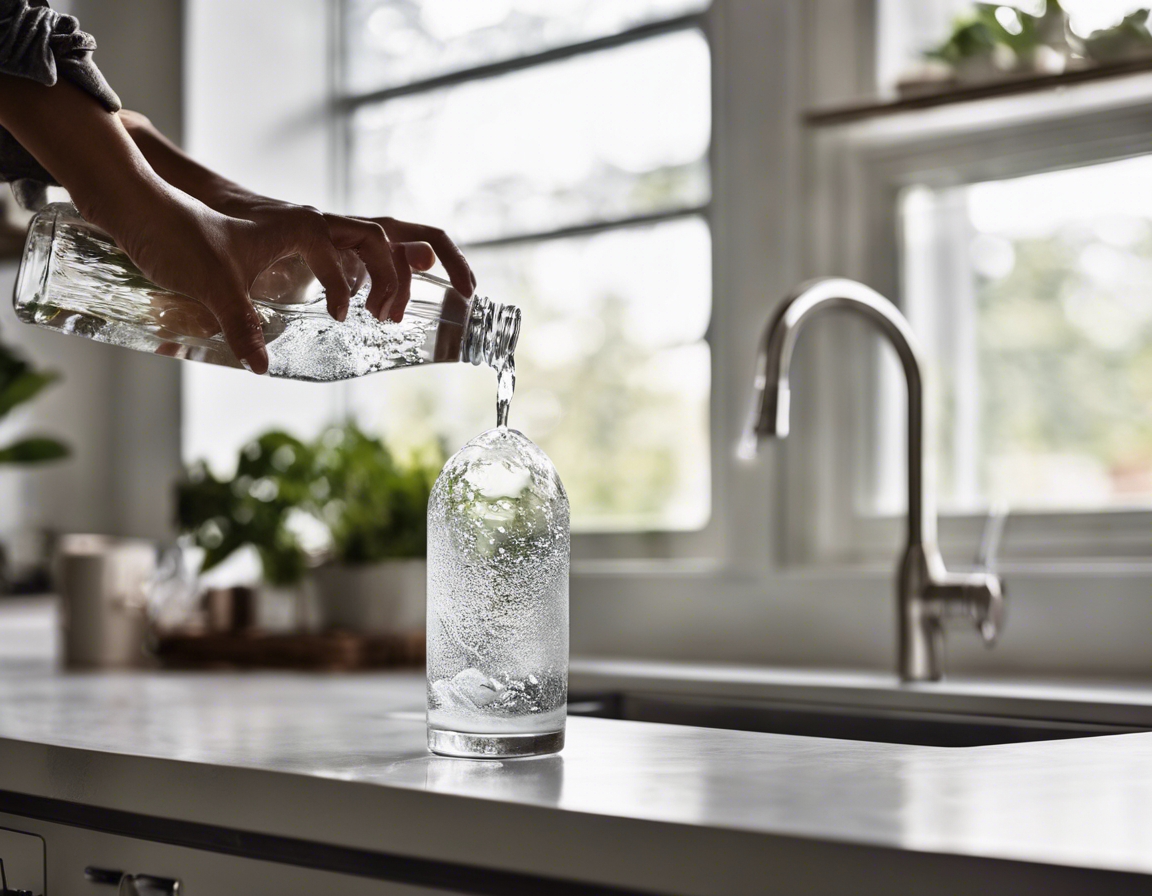
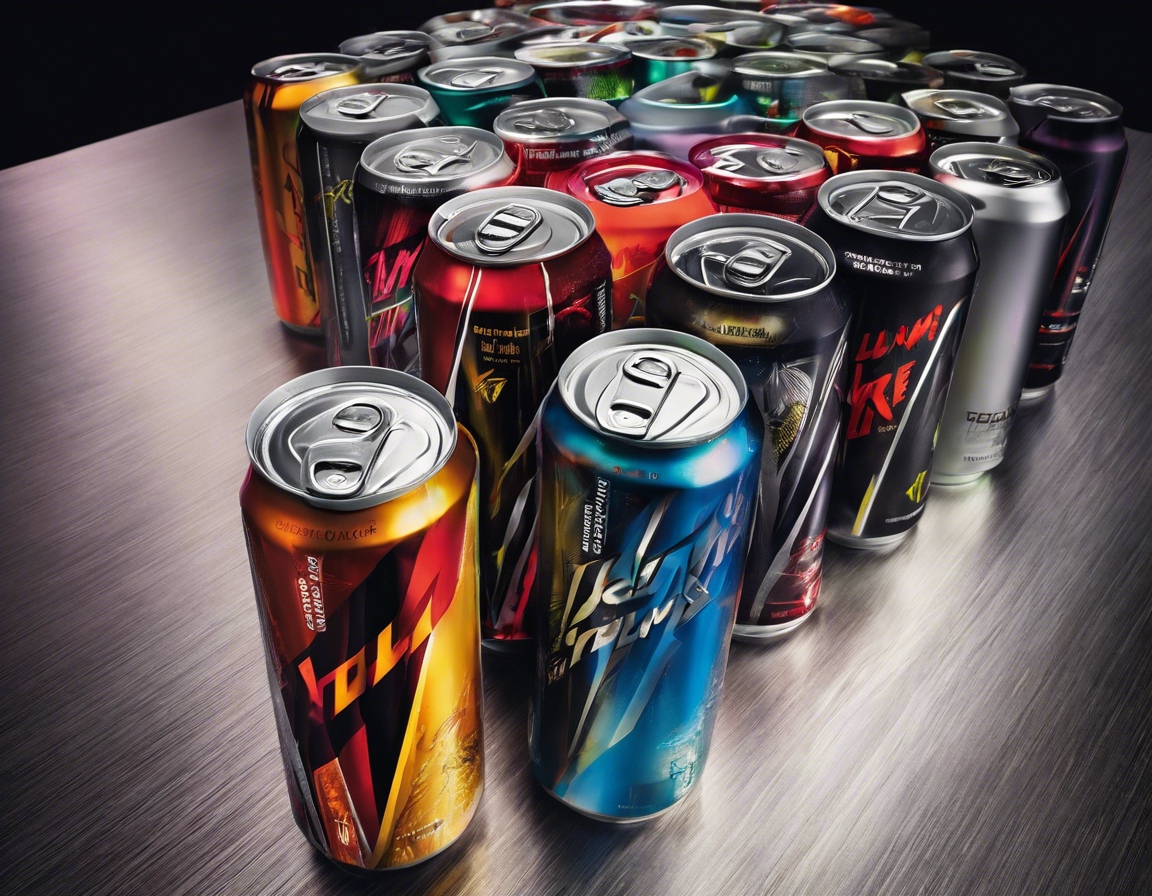
Comments (0)